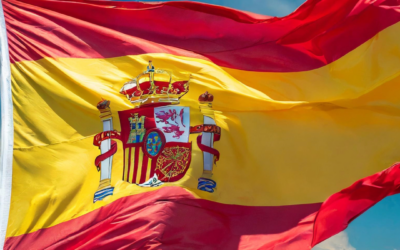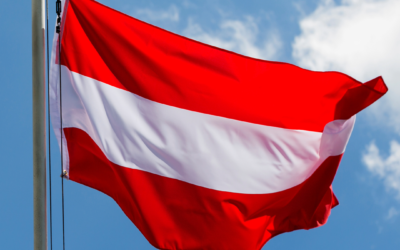PPWR update: an overview of recent developments

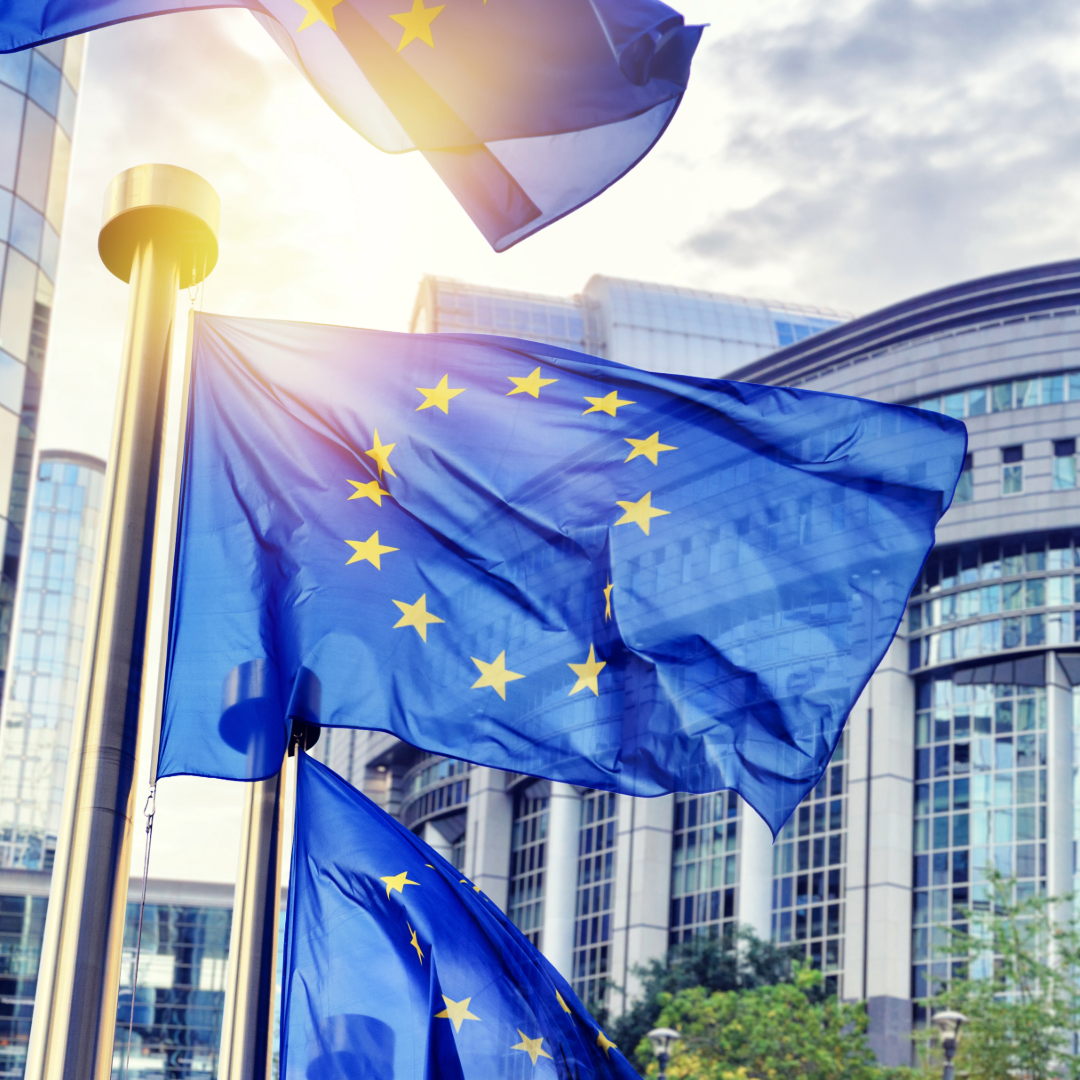

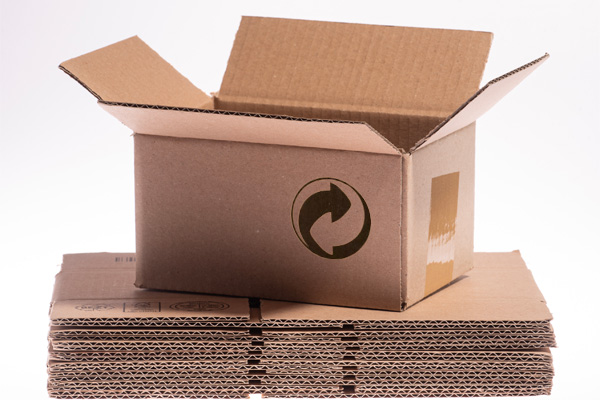
The European Union wants to implement more measures to promote sustainable packaging solutions. This is reflected in the currently hotly debated draft of the Packaging & Packaging Waste Regulation (PPWR), which was presented in November 2022. This regulation contains binding rules for packaging and packaging waste in the European single market and significantly expands the existing EU directives. In contrast to the previous EU Packaging Directive, the PPWR would apply uniformly as a regulation in all 27 EU member states and therefore offer less room for manoeuvre for individual national regulations. Detailed information on the measures of the PPWR can be found here. However, the PPWR is not yet a done deal; it still has a few hurdles to overcome before it finally comes into force.
We will keep you up to date on the latest status in this article.
The current developments of the PPWR
- April 2024: On Wednesday, 24 April 2024, Parliament approved the PPWR Regulation in the plenary session of the European Parliament. It was adopted with 476 votes in favour, 129 against and 24 abstentions. In order to be formally adopted, the PPWR will now be translated into the official languages of the EU before the new Parliament has to give its final approval in autumn 2024. The regulations should then take effect 18 months after the regulation comes into force. As things stand, that would be in summer 2026.
- March 2024: On 4 March 2024, the European Parliament and the Council reached a provisional agreement on the PPWR Regulation after two months of intensive negotiations (trilogue negotiations). However, the negotiations will not be finalised before the European elections in June 2024. This means that the final approval and implementation of the PPWR Regulation must be carried out by the newly elected European Parliament. This is expected to be the case at the end of 2024 or beginning of 2025.
- November 2023: At the end of November, the European Parliament voted in favour of the PPWR. However, the regulation is not yet finalised. In the coming weeks, the European Council will examine the proposals, followed by negotiations between the European Commission, the European Parliament and the European Council.
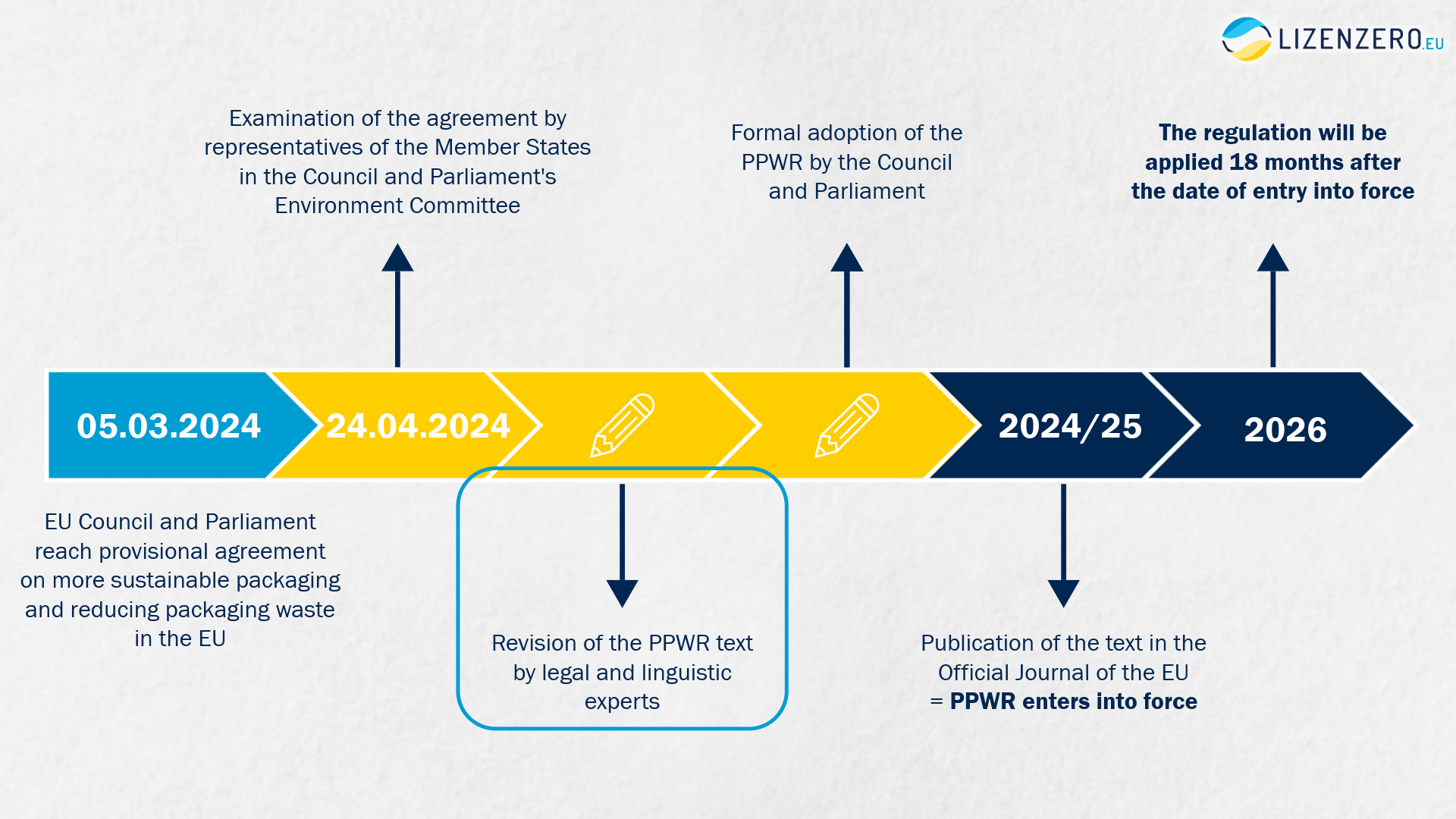
When will the PPWR come into force?
The PPWR has not yet been finalised, which means that it is not yet clear whether it will come into force at all. However, the signs are very good. The exact date on which the PPWR will come into force is therefore still unclear. If the new parliament gives its final approval in the autumn, the regulation could come into force in summer 2026.

LIZENZERO.EU makes packaging compliance in Europe very easy.
Do you ship your products to different countries in the EU? Many different legal requirements and obligations can make the whole thing quite complicated – but don’t worry, we’ll do it for you. How do we do it? With our licensing service, we take over all obligations for you by power of attorney. Sounds good? We’ll be happy to advise you.
For shipping to Germany, you can easily fulfill your packaging obligations yourself via Lizenzero.de.
Latest Updates on the VAT in the Digital Age Reform
VAT is among the most important revenue sources for the member states’ national coffers. Factually supported statistics show that, on average, from the perspective of the entire EU, around 20% of the revenue from tax collection comes from the value-added tax. This data unquestionably shows VAT’s importance in gathering resources within the tax space. Based on these facts, it’s not difficult to comprehend why the national tax authorities and the EU are continuously looking for areas they can improve to decrease the level of tax fraud, evasion, and other illegal activities that contribute to the VAT gap.
Commercial packaging in Spain: New system participation obligation from 2025
From 2025, one crucial point will change for companies that ship goods to Spain: commercial packaging will also be subject to system participation from January 2025. While this obligation previously only applied to household packaging, commercial and industrial packaging will also be affected from next year. In this article, we explain what this means for you and what steps you can take now so that you can prepare in good time and fulfil all the new requirements.
Mandatory deposit from 2025 in Austria: everything you need to know about your beverage packaging
From 1 January 2025, a nationwide deposit system for single-use beverage packaging such as plastic bottles and cans will be introduced in Austria. The reason for the introduction is to increase recycling rates, reduce waste and protect the environment in Austria. However, this change in the law also brings new obligations and challenges for retailers and manufacturers who deliver to Austria. In this article, we will inform you about everything you need to know about the upcoming deposit system, the legal framework and how you as a company can best respond to it.




